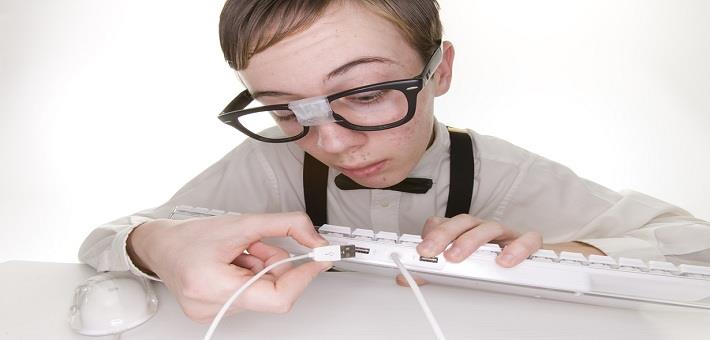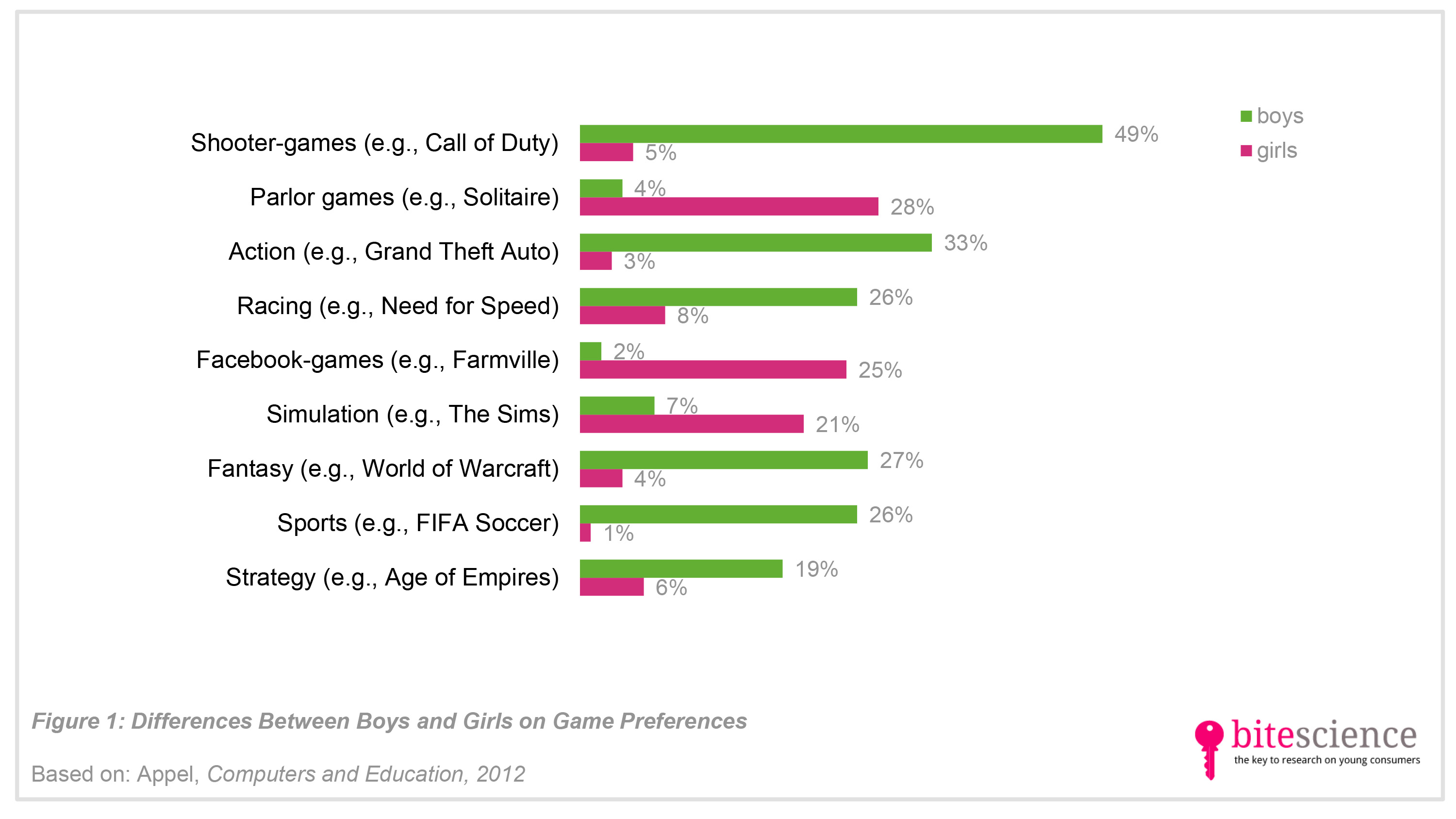
Recreational Computer Use Improves Teens’ Computer Skills
Playing computer games and using social networking sites have become important leisure time activities for teens. Although critics blame this recreational computer use for causing behavioral problems among youngsters, a study in Computers and Education shows that they can acquire important new skills and knowledge during this leisure time activity.
Take aways
- Teens who spend more time on social networking sites have better practical computer skills.
- Teens who spend more time playing computer games have more theoretical and practical computer skills.
- Girls show poorer theoretical and practical computer skills than boys.
- Girls spend less time playing computer games and have different game preferences than boys.
- Girls also use the computer more for sending e-mails and making homework.
- Girls are more afraid of using the computer than boys.
Study information
The question?
What is the effect of playing computer games and using social networking sites on teens’ computer skills?
Who?
200 teens, between the ages of 16 and 19 years (mean age: 17.34 years; 58% girls)
Where?
Austria
How?
Teens were asked to fill out a paper and pencil questionnaire. They answered questions about their practical (e.g., knowing what to do, for example preventing tracking behavior) and theoretical computer skills (i.e., understanding concepts such as IP address), time spent playing computer games and using social networking sites. Moreover, they were also asked to indicate their favorite video games, computer and internet activities. Finally, they were asked for their attitudes towards using the computer.
Facts and findings
- Teens who spent more time on social networking sites had better practical computer skills. This can be explained by the fact that these teens felt more comfortable using the computer.
- Teens who spent more time playing computer games had more theoretical and practical computer skills.
- Specifically, playing shooter- (e.g., Call of Duty) and Facebook-games (e.g., Farmville) was associated with better practical computer skills and playing fantasy-games (e.g., World of Warcraft) with better practical and theoretical skills. These results were similar for girls and boys.
- However, some important differences between girls and boys were found as well:
- Girls spent less time playing computer games and had different game preferences than boys (see figure 1).
- Girls preferred playing parlor (e.g., solitaire), simulations (e.g., The Sims), and Facebook-games. While shooter-, action (e.g., Grand Theft Auto), and fantasy-games were more popular among boys.
- Girls also used the computer for other purposes than boys. They used it more for sending e-mails and making homework.
- Girls also indicated having more computer anxiety than boys.
- There was a large difference between boys and girls in the scores on theoretical and practical computer skills. Girls reported poorer theoretical and practical computer skills than boys.
- Remarkable fact: Using the computer at school was not related with teens’ computer skills.
- Critical note: This study does not allow for any conclusions about cause (e.g., time spent playing computer games and on social networking sites) and effect (e.g., theoretical and practical computer skills). The results only show that spending more time playing computer games and on social networking sites are associated with better computer skills and does not say what causes what".
